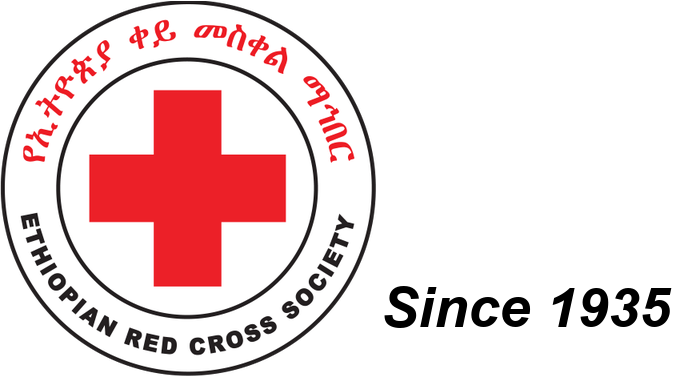Restoring Dignity through Water: Stories of Change from Tigray
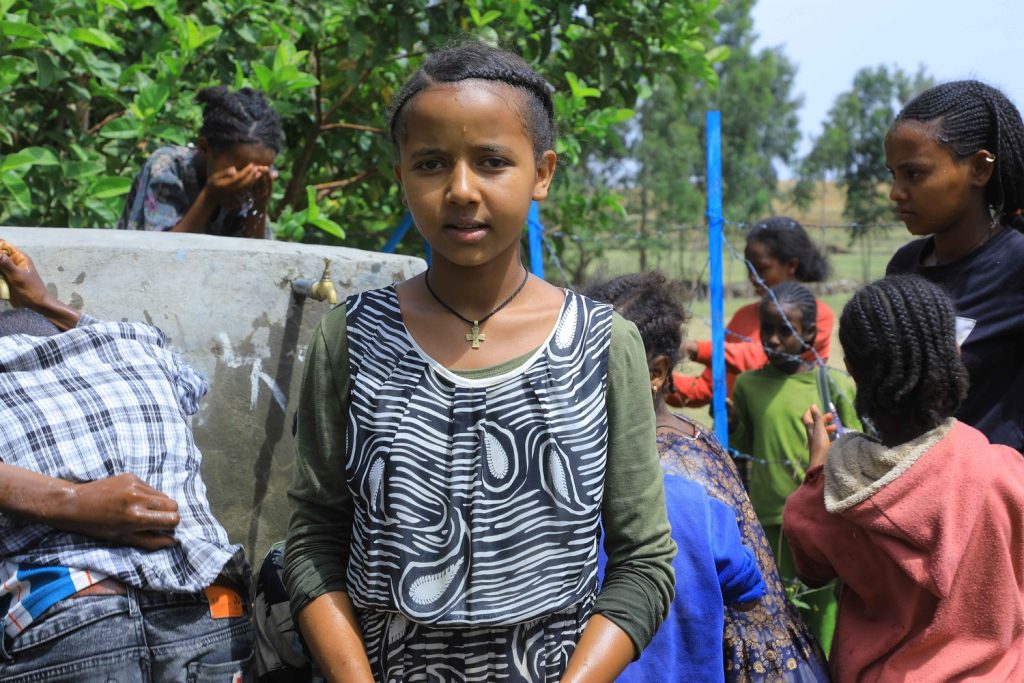
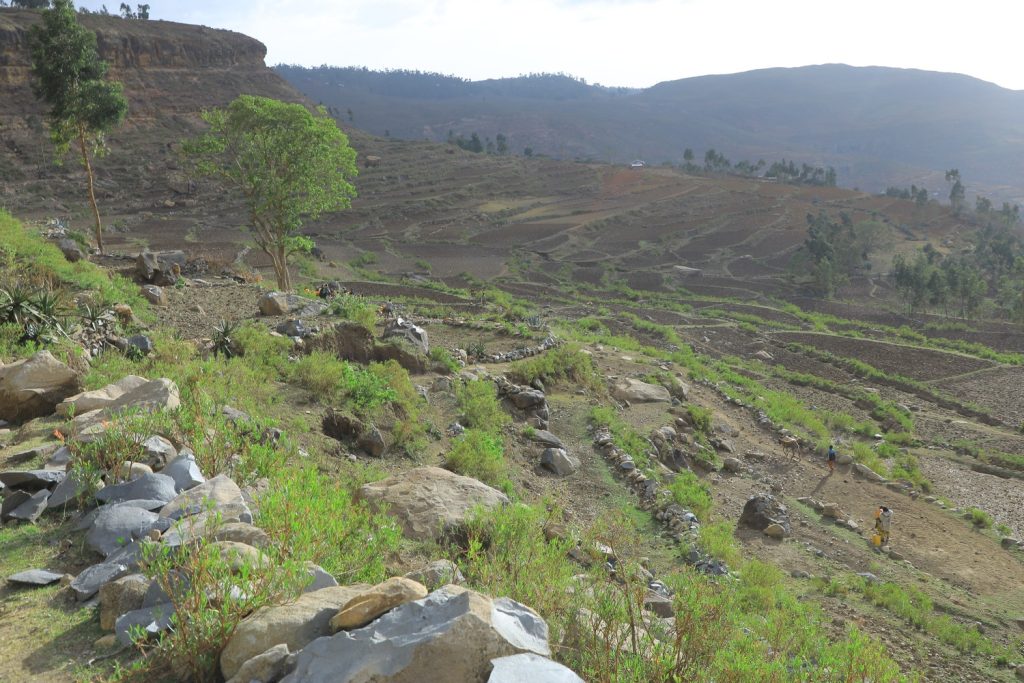
When conflict strikes, it is often the simplest needs – water to drink, to cook, to wash – that become the hardest to meet. In the South Eastern Zone of Tigray, Ethiopia, years of conflict left entire communities struggling to access safe water, with damaged infrastructure, unsafe collection points, and long, exhausting walks for women and children.
Between April 2024 and June 2025, the Ethiopian Red Cross Society (ERCS), in partnership with the Finnish Red Cross (FRC), implemented the Tigray Bilateral Emergency Response Operation Project in Deguwa Temben, Enderta, Hagere Selam, and Hintalo districts, including Mekele. The project was designed to meet urgent humanitarian needs while strengthening access to emergency health, safe water, protection, and economic services for conflict-affected communities.
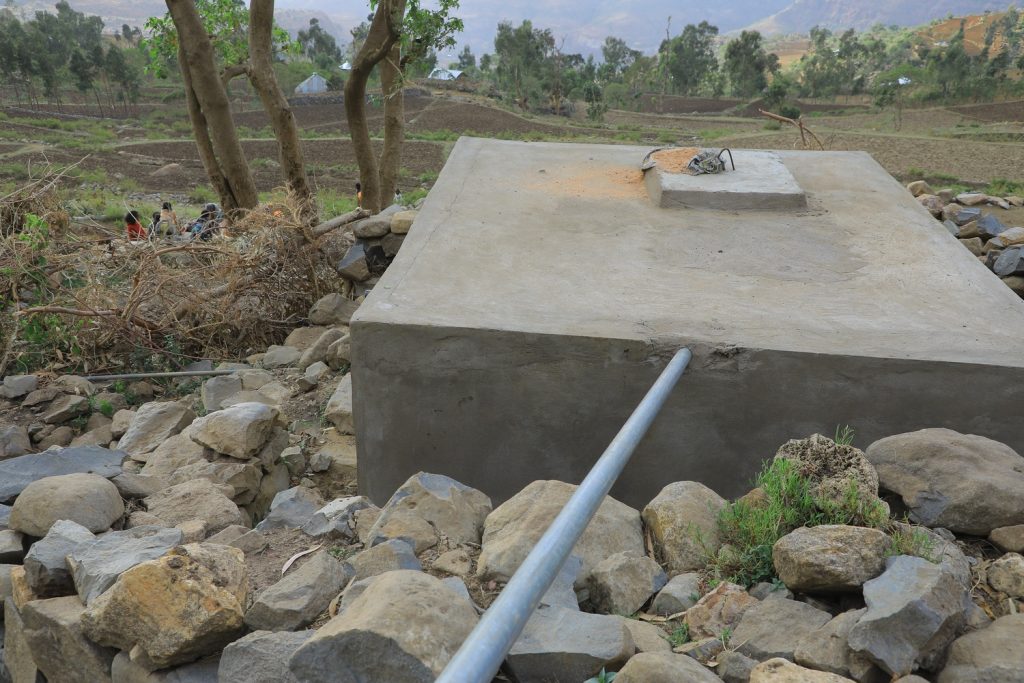
A key achievement of the project was the rehabilitation of 17 water points – including springs and solar-powered sources – benefiting 31,632 people, among them 188 persons with disabilities. Communities that had once relied on unsafe, distant sources now had clean water close to their homes. Water access was also restored to a health center and a primary school in Enderta district. Alongside this, hygiene promotion activities reached 38,255 people, with adaptations to ensure inclusivity for people with disabilities.
The project didn’t stop at infrastructure. It actively listened to community feedback – responding by providing water tankers where shortages persisted and fencing water points to protect them.
In Ma’akelkel village of Mahibereselassie kebele, Deguwa Temben district, Nigisti , a mother of four, .still remembers the days when fetching water meant danger, exhaustion, and illness.
“Before, both adults and children had to climb down dangerous slopes to collect water. People would stumble, jerrycans would fall and break, and sometimes we got hurt,” Nigisti recalls. “During the war, our water point was destroyed. We had no choice but to walk far to collect dirty water. Children missed school, and many of us suffered from stomach diseases like amoeba.”
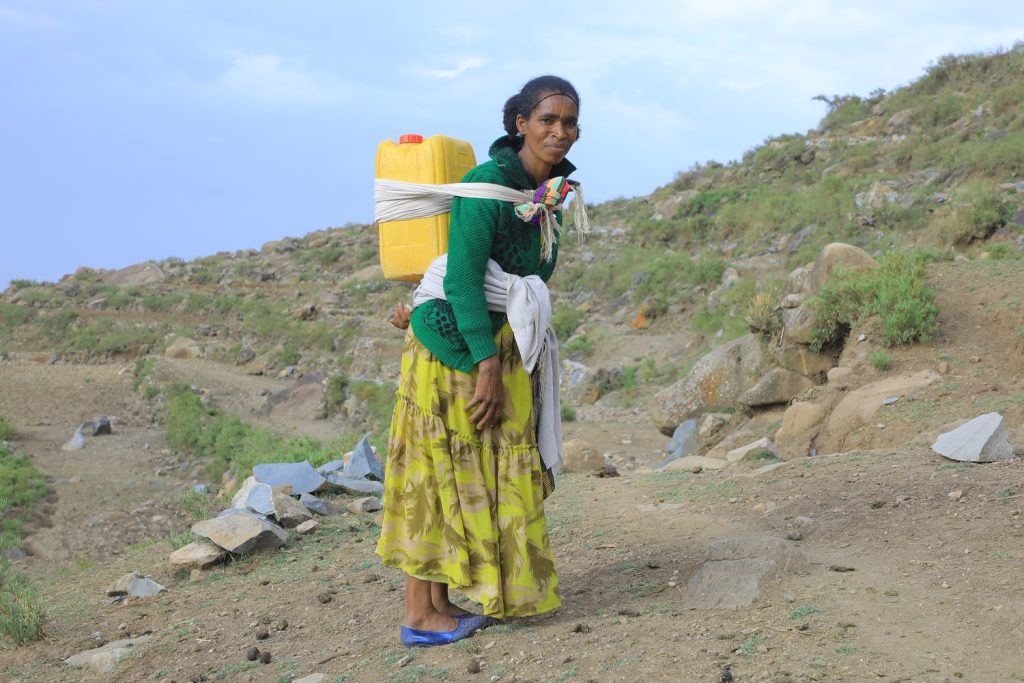
When the project rehabilitated her community’s spring and water point, everything changed.
“Now, thanks to the Red Cross, clean water is right here near us. Our cattle and our families can drink safely. We are no longer afraid to fetch water, and we do it with joy. We are grateful as a family and as a community. Water is life – my life. Without it, nothing can be done.”
The restored water point also brought peace of mind. Separate hours were set for people and for animals, making collection safer and more orderly.
“Animals used to drink from the same place as us, and sometimes they fell into ravines. Now it’s organized – humans use it until 4 a.m., animals from 4–7 a.m. It’s convenient for everyone. We wish all our brothers and sisters could have clean water like this.”
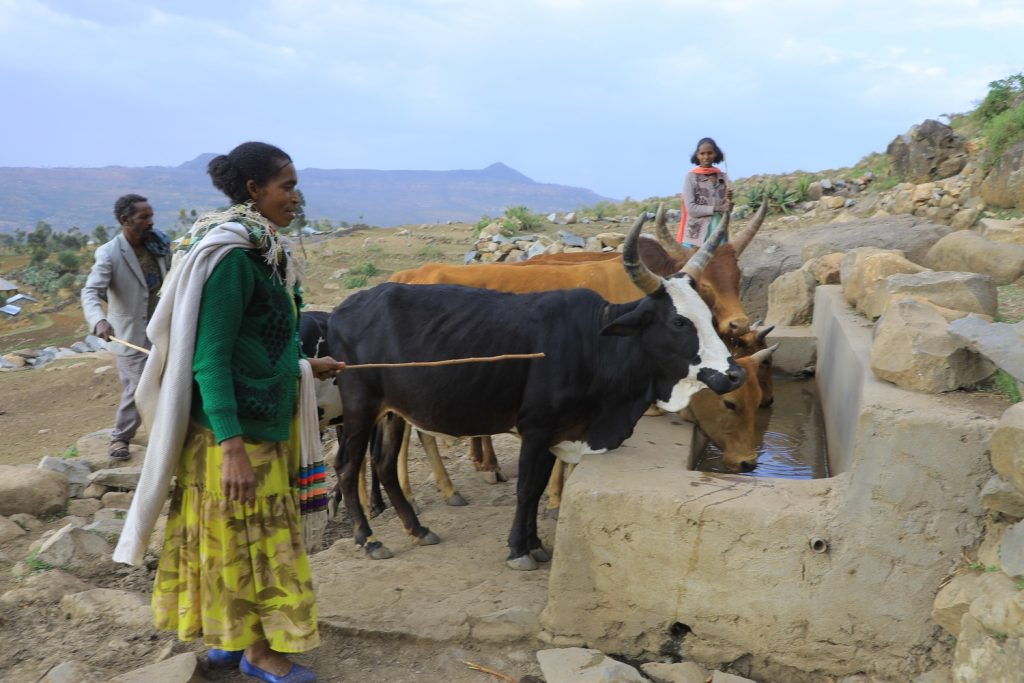
In Melbe kebele, Enderta district, the war’s damage to water systems forced residents to fetch water from the river. For Melbe Primary School, with around 1,000 students today, this meant no safe water for drinking or sanitation.
The project rehabilitated nine water points and a solar-powered system in the kebele – bringing clean water back to the school.
Eldana Berihu, an eighth-grade student, remembers the struggle:
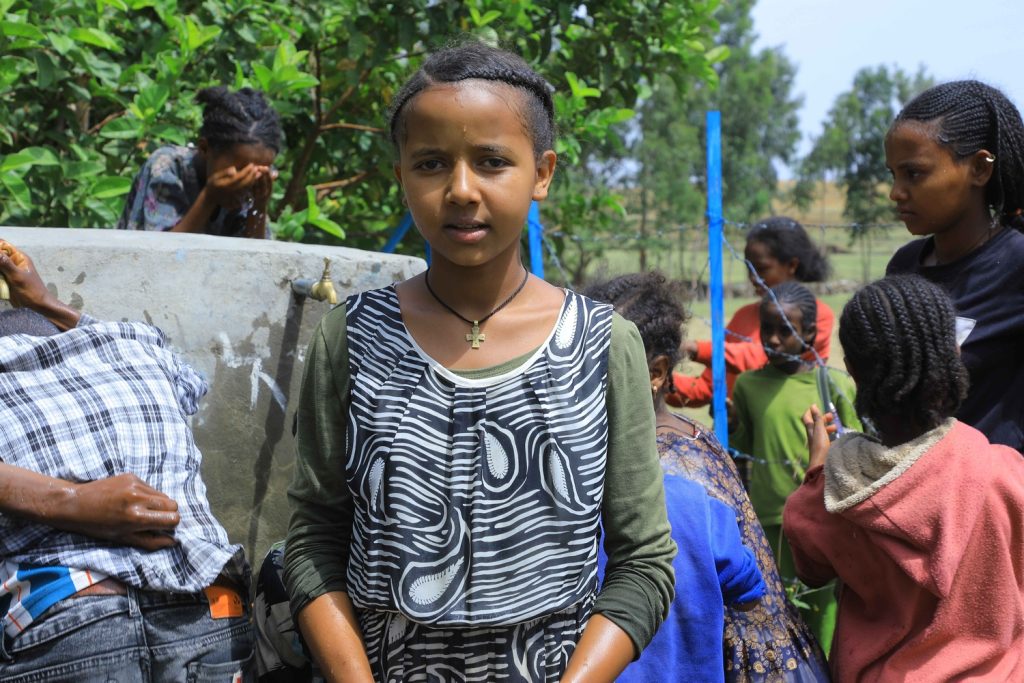
“During the war, we had to walk far to get water, and it was not clean. Many of us became sick. We carried more than we could manage. Now, because of the Red Cross, we have clean water in our school. We can attend classes without missing time, we stay healthy, and we use water for drinking, washing, and in the toilets.”
But while water brought relief, Eldana points out that many children in her school – especially children who lost their parents – still lack essentials like books, bags, and clothes.
“We are very grateful for the water, but we hope for more support for the children who have lost everything.”
For people like Nigisti and Eldana, clean water has restored more than health – it has brought back dignity, safety, and hope. For their communities, it has revived farming, allowed children to focus on school, and reduced the burden on women who once spent hours each day walking for water.
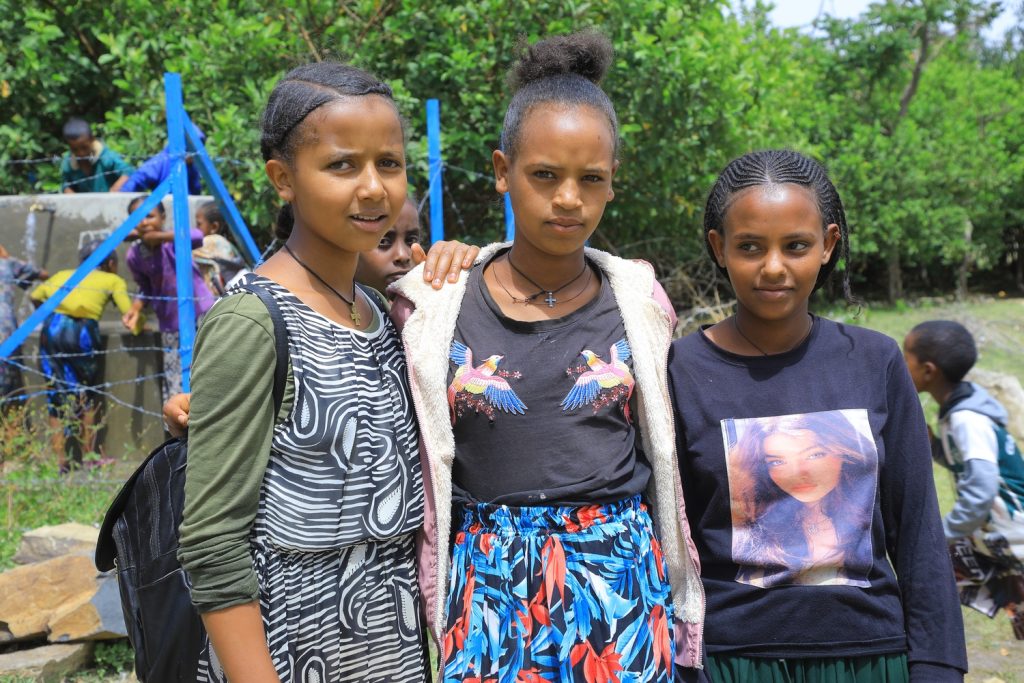
The partnership between ERCS and FRC has shown that even in the most challenging environments, change is possible when communities, humanitarian organizations, and resources come together.
And as Nigisti says, with a smile:
“We are happy when others get what we have. We wish the Red Cross to prosper and bring this joy to more people.”
